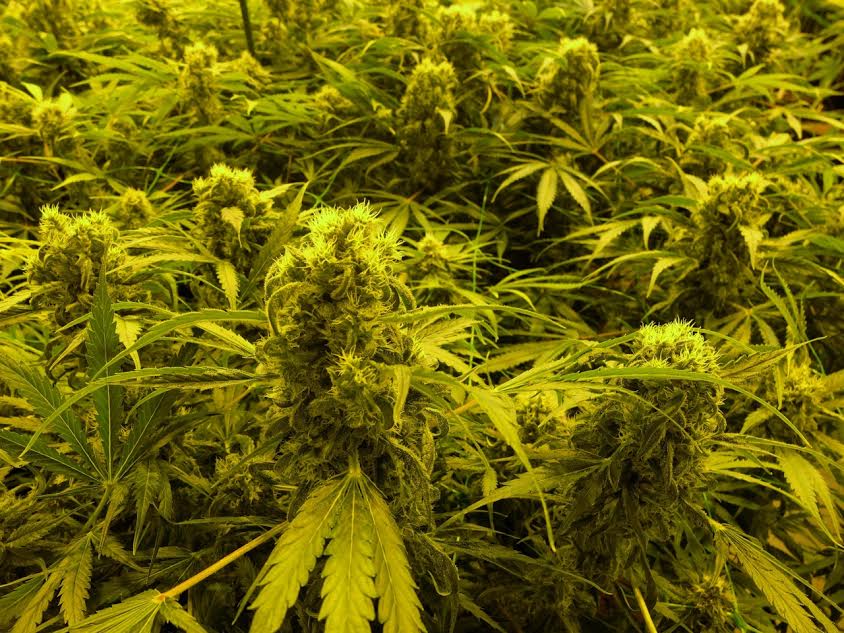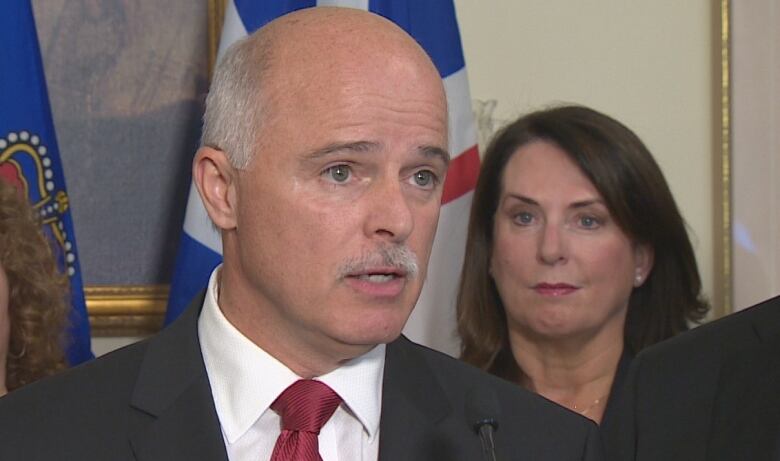Joint discussions: N.L. says it should get more than half of any federal marijuana tax
Too early to start counting on revenue from legal marijuana sales, says finance minister

Newfoundland and Labrador's finance minister says the province should get more than half of any federal tax on cannabis.
Prime Minister Justin Trudeau said last week that the federal government had proposed a tax of $1 per gram of cannabis for sales up to $10, rising to 10 per cent of the total price for pot selling at a higher price, with the money split 50/50 between the provinces and the federal government.
We're not even certain at this stage whether this is going to provide a revenue to the province.- Tom Osborne
Provincial Finance Minister Tom Osbornetold CBC's Central Morning on Friday that it's still early in discussions, but the provinces should get more than half.
Majority of costs will be borne by province: Osborne
"The majority of the costs related to the implementation of the sale of cannabis will be borne by the province, including regulations, the distribution, justice and health-care issues, social issues, sowe would certainly expect a greater proportion of the tax."
But Osborne added it's too early for the province to say what it would consider a more equitable split, but a committee with representatives from nearly every government department is figuring that out.

"We're assessing the costs of setting up the infrastructure, the regulations, the distribution, and the other issues related to the sale of cannabis," he said, noting that discussions between the federal government and the provinces will continue."Once we get a better understanding of the costs associated, we'll be in a better position to say what that split should be."
Ultimately, he acknowledged, the split will be up to the federal government, but he said Ottawa knows where the provinces stand.
"I think the federal government are well aware of the fact that the provinces believe that the majority of the costs will be expected to be carried by the provinces. Therefore, the majority of the tax revenue from the sale of cannabis should go to the provinces."
Too early to count on revenue
Osborne said it's also too early for anyone to assume legal cannabis sales will be much help in turning around the province's finances, given the expected costs and the fact it needs to be sold at a price low enough to prevent illegal trade from continuing to flourish.
"We're not even certain at this stage whether this is going to provide a revenue to the province," he said. "There are a number of costs associated with this, and that's what the interdepartmental committee are still trying to iron out and determine."












_(720p).jpg)


 OFFICIAL HD MUSIC VIDEO.jpg)
.jpg)



























































































